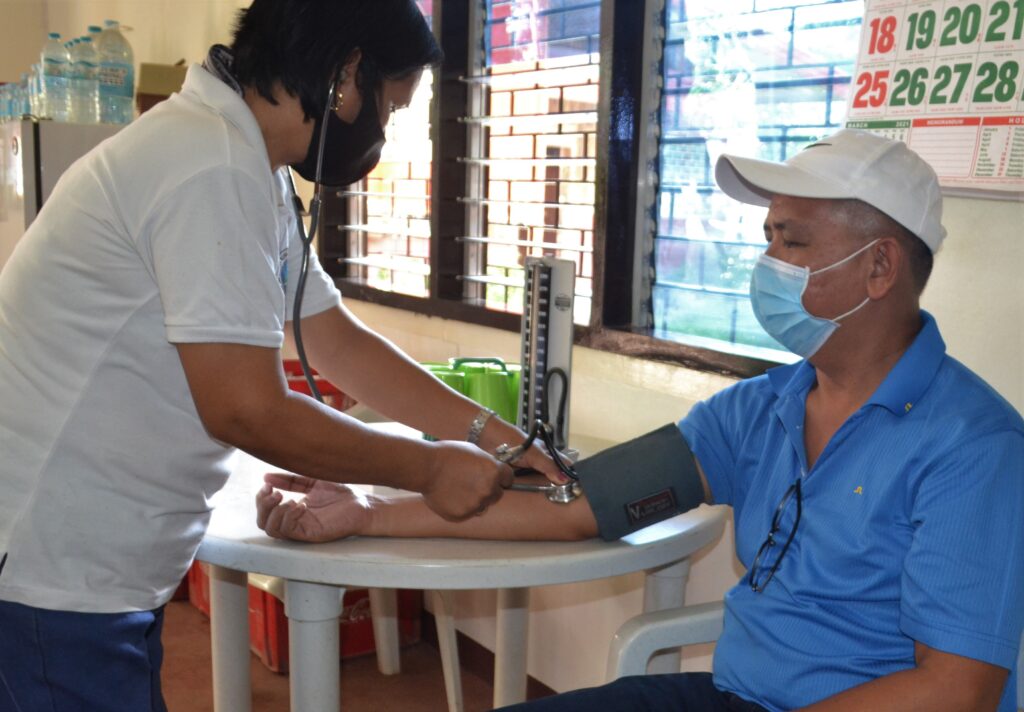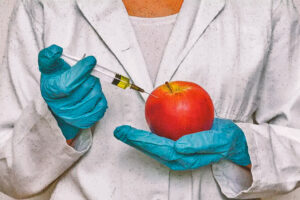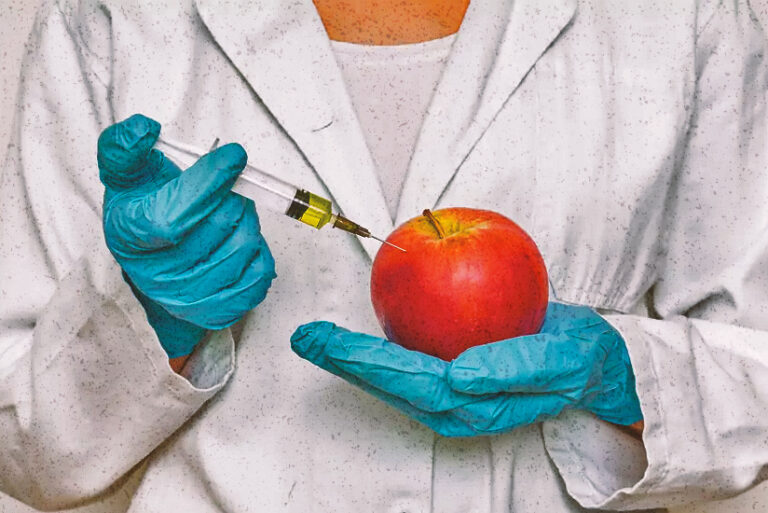By Henrylito D. Tacio
Blood pressure varies naturally over a person’s life. “Infants and children normally have much lower blood pressure than adults,” notes The Merck Manual of Medical Information. Among adults, blood pressure increases with age.
Blood pressure has a daily pattern. “Usually, blood pressure starts to rise a few hours before you wake up,” writes Mayo Clinic’s Dr. Francisco Lopez-Jimenez. “It continues to rise during the day, peaking at midday. Blood pressure normally drops in the late afternoon and evening. Blood pressure is normally lower at night while you’re sleeping.”
Throughout the day, blood pressure varies depending on foods eaten, physical activity and emotional stress. Unfortunately, for some people, their blood pressure may be abnormally high in the mornings. Doctors refer to this as morning hypertension.
“If blood pressure is 15 points higher in the morning, compared to at night, it’s called morning hypertension,” explains Dr. Willie T. Ong, an internist and cardiologist and noted book author. Morning is defined as the period between 6 am and 10 am.
“Those with morning hypertension have a higher risk for heart attack, stroke and sudden death in the first few hours of the morning compared with those without morning hypertension,” Dr. Ong states.
Thus, Dr. Ong advises that those who experience symptoms such as severe headache, chest pain, and numbness or tingling in your face or arms to contact their doctor immediately or go to a hospital.
There was a study in Japan which investigated the association between the time of onset of events and morning hypertension and demonstrated that the incidence of stroke events in the morning hours was higher in those with morning hypertension than in those without morning hypertension.
Causes
One potential cause of morning hypertension are the antihypertensive medications you are taking, according Medical News Today’s Jayne Leonard. In a 2018 review, it was found that uncontrolled morning hypertension may indicate a problem with the type or dosage of these medications.
Specifically, morning hypertension may be due to one or more of the following factors: taking a medication dosage that is too low; taking short-acting or intermediate-acting medications rather than long-acting medications; and taking a single antihypertensive rather than a combination of medications.
Certain medication conditions may likewise increase the risk of hypertension. These include: untreated hypertension, high cholesterol, cardiovascular disease, obstructive sleep apnea, diabetes, thyroid disorders, lupus, scleroderma and kidney disease.
Certain lifestyle factors can also increase the risk of hypertension. Examples include: smoking, heavy alcohol consumption, eating a diet high in salt and saturated fat, and not getting enough exercise.

Checking blood pressure
Blood pressure is created when blood is pumped by the heart into your blood vessels. “Your blood pressure should be checked in the morning, about an hour after you wake up, and in the evening, about an hour before you go to sleep, using the same arm each time,” wrote Dr. Kelli Gibson and Dr. Robert Lee Page II, pharmacy practice resident and associate professor of clinical pharmacy, respectively. “Taking three consecutive measurements (about one minute apart) will provide a more accurate understanding of your ‘true’ blood pressure.”
“When blood pressure is checked, two values are recorded,” the Merck manual informs. “The higher value reflects the highest pressure in the arteries, which is reached when the heart contracts (during systole). The lower value reflects the lowest pressure in the arteries, which is reached just before the heart begins to contract again (during diastole). Blood pressure is written as systolic pressure/diastolic pressure — for example, 120/80 mm Hg (millimeters of mercury). This reading is referred to as ‘120 over 80.’”
A person is said to be hypertensive if he or she has persistent elevations of BP: a systolic blood pressure greater than 140 mm Hg (millimeters mercury) or a diastolic blood pressure of more than 90 mm Hg.
An individual has a mild hypertension if the systolic BP is between 140 to 159 mm Hg or the diastolic BP is between 90 to 99 mm Hg. When the systolic BP is higher than 160 mm Hg or a diastolic BP is greater than 100 mm Hg, a person is said to have a moderate to severe hypertension.
Hypertension prevalence
Filipinos writhing from hypertension are increasing in number. In a report published in Medical Tribune, the Council on Hypertension (COH) of the Philippines revealed that the prevalence of hypertension in the country is steadily increasing: from 11% in 1992 to 25% in 2008. By 2012, the prevalence has risen to 28%.
“Because of the progressively increasing prevalence and the complications of hypertension, we need to study hypertension to know how to address and attack the problem in the Philippines,” pointed out Dr. Jorge Sison, the director of Philippine Heart Association.
Unfortunately, Filipinos with hypertension are not aware of their condition until they begin to suffer illnesses that have associated complications with hypertension. “Hypertension per se does not kill, but the complications are the ones that disable and kill a hypertensive,” said Dr. Rafael Castillo, a cardiologist at the Manila Doctors’ Hospital.
Complications
“Practically nine out of 10 hypertensive patients have uncontrolled blood pressure which make them good candidates to develop heart attacks and strokes, or literally drop dead before they could realize what was wrong with them,” said Dr. Esperanza Cabral, who used to head the Philippine Society of Hypertension.
Studies have shown that only 14 percent of Filipinos with hypertension are aware of their condition. Of those who know they’re hypertensive, only half are taking medications; and of those who are taking medications, less than half have their blood pressure controlled to optimal levels.
According to Dr. Castillo, detection comes late in many cases so much so that 59% of patients are detected by physicians for the first time. “Which might be too late already,” he lamented, as the harm has already started even before these people get treatment.
Hypertension is the primary factor underlying strokes and stroke-related deaths. “Too much pressure can cause the bursting of a vessel – especially if that vessel has been weakened by age and the excess pressure of hypertension,” explains Dr. Julian Whitaker, author of Reversing Hypertension: A Vital New Program to Prevent, Treat, and Reduce High Blood Pressure.
“Hypertension also contributes to atherosclerosis and arteriosclerosis, the narrowing and stiffening of the arteries that increases the likelihood of blood clots cutting off blood supply,” Dr. Whitaker continues. “When either of these scenarios occurs in an artery in the brain, the result is a stroke. There is a reduction in oxygen supply to that area of the brain, followed by cell degeneration and death.”
A lesser-known outcome of hypertension is memory loss and an increased risk of dementia and Alzheimer’s disease. “It is believed that hypertension’s adverse effects on the brain are caused by the relentless pounding on the small vessels in the brain,” Dr. Whitaker writes. The brains of patients with hypertension actually shrink – by as much as 20 percent, according to some studies.
Hypertension also accelerates the aging of the kidneys. High blood pressure damages the arteries and arterioles that supply blood and nutrients to the kidneys. As these arteries become stiff and less elastic, blood supply to the kidneys is reduced or, in some cases, cut off, causing damage to the kidneys themselves.
“Severe high blood pressure causes kidney malfunction over a relatively short period of time; however, even milder forms of uncontrolled hypertension can damage kidneys over several years, with no evident symptoms until severe damage has already occurred,” Dr. Whitaker claims. “Poorly controlled high blood pressure is responsible for approximately 25 percent of all cases of chronic kidney failure.”
Treatment
High blood pressure with no known cause is called primary or essential hypertension. “Between 85% and 90% of people with high blood pressure have primary hypertension,” the Merck manual states.
Although primary hypertension cannot be cured, it can be controlled to prevent complications. “Because high blood pressure itself has no symptoms, doctors try to avoid treatments that cause side effects or interfere with a person’s lifestyle,” the Merck manual notes. “Before any drugs are prescribed, alternative measures are usually tried.”
For instance, overweight people with high blood pressure are advised to lose weight. “For people who are obese or who have diabetes or high cholesterol levels, changes in diet are important for reducing the risk of heart and blood vessel disease,” the Merck manual says. “Smokers should stop smoking.”
Reducing the intake of alcohol and sodium may make drug therapy for high blood pressure unnecessary. “Daily alcohol intake should be reduced to no more than 2 drinks,” the Merck manual suggests. “Daily sodium intake should be reduced to less than 2 grams, or sodium chloride intake to 5 grams.”
Moderate aerobic exercise is helpful. “People with primary hypertension do not have to restrict their physical activity as long as their blood pressure is controlled,” the Merck manual says. “Regular exercise helps reduce blood pressure and weight and improves the functioning of the heart and overall health.”
Drugs that are used in the treatment of high blood pressure are called antihypertensives. “With the wide variety of antihypertensives available, high blood pressure can be controlled in almost anyone, but treatment has to be tailored to the individual,” the Merck manual says. “Treatment is most effective when the patient and doctor communicate well and collaborate on the treatment program.”
Prof. Hermann Haller, the director of the Department of Nephrology and Hypertension in Germany’s Hannover Medical School said that for those undergoing medication, it is best to take medication every morning “because the early blood pressure rises in the morning.”
But new research suggests that taking antihypertensives at bedtime rather than in the morning nearly halves the risk of dying from a heart attack, stroke or heart failure.
“Researchers in Spain followed more than 19,000 adults with high blood pressure,” writes Alan Mozes, Health Day reporter. “They found that people who took all their blood pressure meds at night had lower blood pressure around the clock compared to volunteers who took their medication in the morning.”
A bedtime drug regimen was linked to a 44% drop in heart attack risk; a 40% drop risk for surgery to widen arterial pathways; a 42% lower risk for heart failure; and a 49% dip in stroke risk, the researchers reported.
However, “It’s not enough that one takes something for hypertension,” Dr. Castillo said. “It’s equally important that BP be brought down to the desired levels and that the body’s vital organs including the heart, brain and kidneys are adequately protected.” – ###








